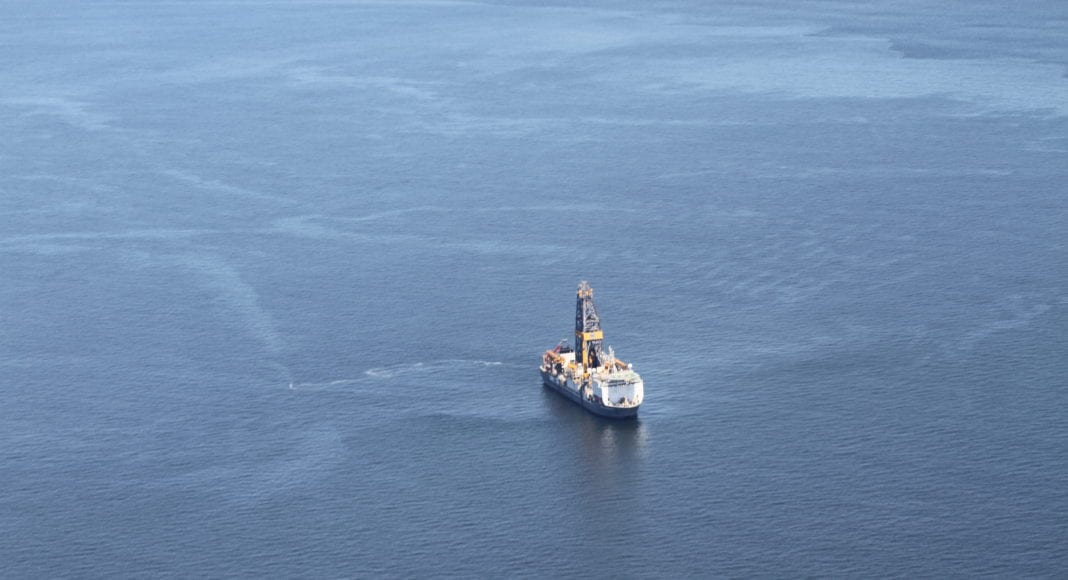Executive Chair of Tullow Oil PLC Dorothy Thompson reported the Board’s disappointment in the company’s operational and financial performance for 2019, saying that in 2020 the British oil and gas operator will work to rebuild the stakeholder trust that had been eroded over the past few months.
Among the key performance indicators for the company in 2019 were net oil and gas production of 86,800 barrels of oil equivalent per day (boepd) compared to 90,000 boepd in 2018; reserves of 243 million barrels compared to 280 million barrels in 2018; 74 licences across 14 countries compared to 87 licences across 17 countries; Revenue of $1.7bn1 compared to $1.9bn in 2018 and capital investment of $490m2 compared to $423m in 2018.
Speaking in the company’s Annual Report and Accounts for year 2019, Thompson sought to recount some of the factors for Tullow’s disappointing 2019 run and how the company plans to reset its production guidance for 2020. Among the poor performance issues she cited, was the lower quality of crude the company found offshore Guyana.
“The Board was disappointed by the operational and financial performance, and the overall executive leadership of Tullow’s business in 2019. On behalf of the Board, I would like to apologise for this poor performance,” she said.
She noted that production in Ghana fell short of expectations and in November a fundamental review of the performance issues led to a reset of production guidance for 2020 and beyond.
“In addition, we were unable to proceed with our planned farm-down in Uganda, and the lower quality of oil found in the Jethro and Joe discoveries in Guyana was a further setback,” she said.
In relation to Ghana, she said that the underlying operational performance issues have been identified and a work programme to permanently address these issues is underway. “In light of the developments in 2019, Tullow has carried out a Business Review, involving a thorough reassessment of the Group’s operational structure, cost base, future investment and asset portfolio plans. The analysis of the cost base included external benchmarking which demonstrated that significant savings could be achieved whilst making Tullow a more efficient and effective organization,” said Thompson.
Turning to Guyana, Thompson said that the Joe and Jethro discoveries in Guyana were ultimately disappointing with lower oil quality discovered than originally anticipated. “Investors were frustrated,” she said.
The Executive Chair noted that the Carapa-1 well confirmed the presence of hydrocarbons and importantly, supports the potential of the Cretaceous play from the Exxon‑operated Stabroek licence on both the adjacent Kanuku and Orinduik licences.
So far in 2020, she said, Tullow has drilled one exploration well in Peru, which did not make a commercial discovery. “We will also be drilling in Suriname as well as thinking carefully about how to proceed in Guyana,” said Thompson.



